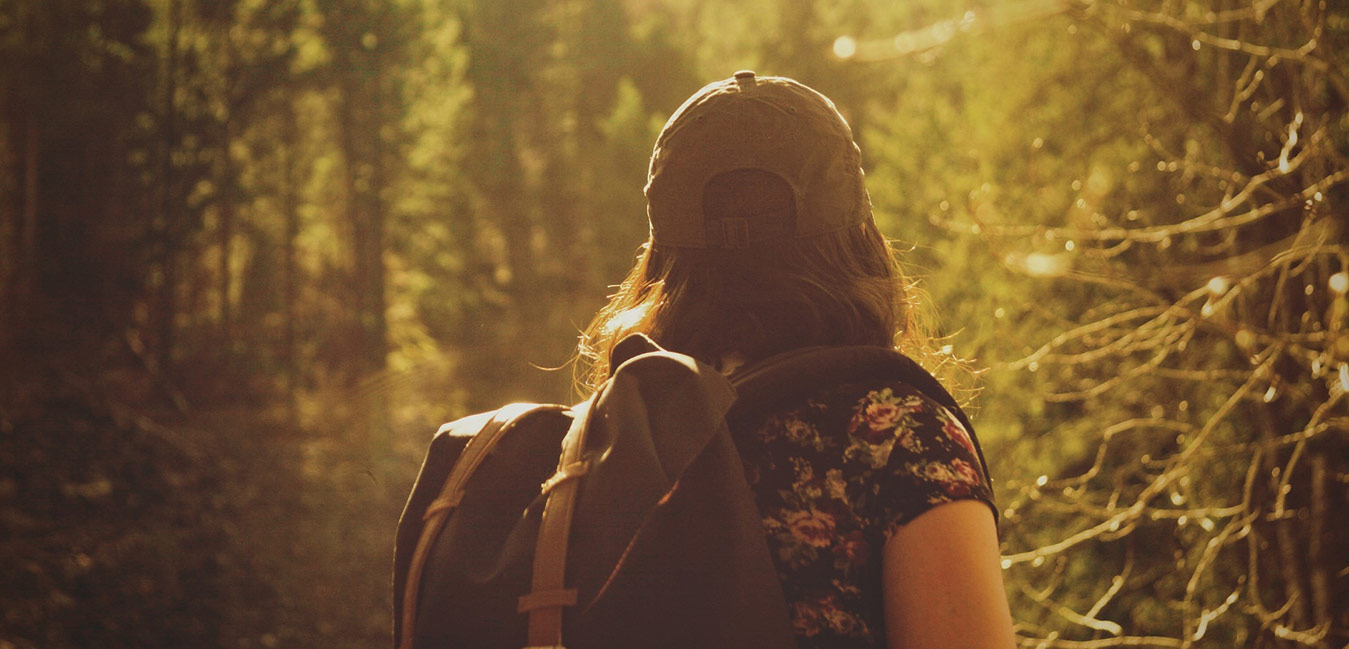
Having been a solo traveler for almost all of my adventures abroad, I can honestly say that it is one of the best ways to see the world. Solo travel provides freedom, flexibility, spontaneity, independence, and an uncanny ability to make friends and develop relationships—with tourists and locals alike—one wouldn’t have otherwise.
Apart from the naysayers who use the guise of “security” as a means to assert their own prejudiced fears about traveling in destinations and locations outside of their own, gender safety is still something one tends to think about when traversing abroad.
Not to generalize or compare, but as a cis-woman, I have felt way more secure as a single adventurer in Nepal than I ever did in India—with women as well as men navigating and working in public spaces more equitably, but not necessarily equally.
Since sadly for us, safety is never a given, here are some things to keep in mind when adventuring solo as a woman—but from my personal experience, worry less not more here in Nepal.
Many guides stress dressing modestly to avoid unwanted attention from men who associate non-Nepali women with ‘promiscuity.’ While it’s important to respect the traditional dress and clothing customs of a culture, I have a hard time with articles suggesting women dress a certain way to avoid or lessen the risk of harassment—because if someone is looking to harass, they are going to hassle you whether you cover up your body or not.
If you are uncomfortable, take a cue from the locals to gauge what’s considered ‘acceptable’ attire in the area, but remember that it’s never a guarantee nor your responsibility to prevent the actions of pesterers themselves.
Nevertheless, I do think it’s necessary to mention that there is a culture of amorous Nepali men intending to woo and pursue women tourists. And while sexual harassment is considered uncommon, it still very much exists, especially verbally.
For example, my favorite dwelling in Thamel—Himalayan Java Coffee—the baristas all know my name, are flirtatious with me every time I come in, but the romantic friendliness never crosses any sexual invitation, and albeit annoying at times, I’ve never felt in danger in these situations otherwise I wouldn’t keep coming back for iced soy lattes and mango smoothies.
It’s critical to recognize the cultural impact we have as travelers (as an idealized socioeconomic means of escape to a ‘better life’) and be cautious of furthering colonial dynamics and stereotypes, especially those ideas regarding “innocent western women being preyed upon by dangerous foreign men.”
The intersections of race, sexuality and underrepresented gender identities will also be present in such dynamics of harassment, which most online posts tend to focus on less readily due to the class and racial privilege of traveling, to begin with.
While I have found the tourist population in Nepal diverse, do check out the websites How Not To Travel Like A Basic Bitch, You Are (Queer) Here, and The Feminist Globetrotter for more first-person narratives, guides, and digital content on travel and identity.
If you want to enjoy the nightlife in the cities, the abundance of clubs, bars, and pubs in Kathmandu can get kind of crowded and dominated by men, so I suggest going with a group should you feel nervous—perhaps bringing a local friend as a guide as well.
Go with a group to protect yourself from the grabby men, but still have fun, enjoy the music, cultivate new friendships, and dance the night away. If any person makes you uncomfortable, be very clear and direct, communicating your concern or letting someone know.
My experience is that when asked firmly, most eager men have backed off and been respectful, but of course, this is not always the case.
While there is no rule of law that one must take a guide when hiking in certain locations, this is probably the largest safety suggestion for all genders alike: one should not trek alone in Nepal unless an experienced mountaineer knows the area extensively already.
If you are trekking solo, places like Holy Mountain Treks specialize in providing expert women guides for treks. Having a guide will enrich your experience: they know the best travel routes so you don’t get lost, can take you to the best places to visit, eat at, stay (arranging better teahouse prices), and should there be a medical emergency, they know exactly who to contact and what to do.
While other online posts say that trekking with a woman guide can lessen the risk of inappropriate advances than while traveling alone with a male guide, more meaningfully, hiring a female guide supports local women in professions traditionally held by men in Nepal.
If anything, be open to meeting other solo travelers during your adventures and trek together. I have found lifelong friendships and ‘my people’—my community as it were—when traveling abroad; and quite frankly, when you travel, you are never truly alone.
If any issues arise while trekking or traveling, contact your agent, company, or speak to someone immediately as they would take misconduct very seriously.
Remember that other cultures can challenge our belief systems and views, so it’s important to take time to reflect, be flexible, and open.Trust your intuition, and enjoy all that beautiful Nepal has to offer.
Author: Sasha Kruger
Leave Your Comment